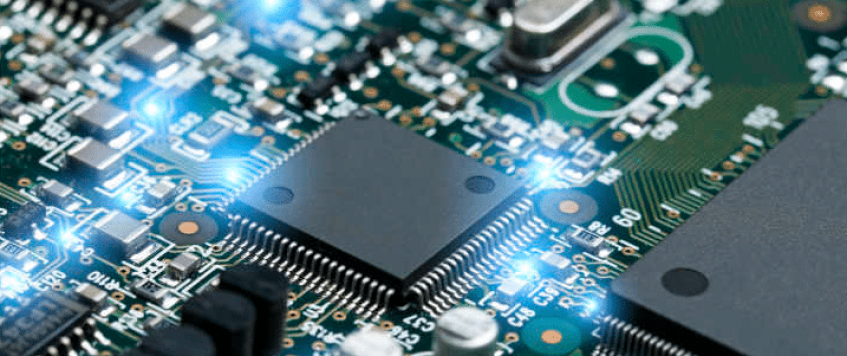-
28
Jun
What Does ECM Stand For In Trucks?
What does ECM stand for in trucks?
In the world of trucks and transportation, there are countless abbreviations and acronyms to keep track of. One common abbreviation that often leaves people scratching their heads is ECM. If you’ve ever wondered what ECM stands for in trucks, you’re in the right place. In this article, we will explore the meaning of ECM and how it plays a crucial role in the functioning of trucks. So, let’s dive in and demystify the acronym ECM in the trucking industry.
What Does ECM Stand For In Trucks? – What It is
In the world of trucking, ECM stands for Engine Control Module. This module is a vital component of a truck’s engine and plays a crucial role in the vehicle’s overall performance.
Your ECM – What It Mainly Does
The ECM is responsible for managing and controlling various engine functions, such as fuel injection, ignition timing, and emission controls. The main purpose of an ECM in a truck is to optimize the engine’s performance and ensure efficient operation. By monitoring various sensors and inputs, the module can make real-time adjustments to the engine’s parameters, ensuring that it operates at its peak level of performance while meeting emissions regulations. The ECM receives information from a network of sensors that monitor engine conditions, such as coolant temperature, air intake, and exhaust gas levels. It then processes this information and makes calculations to determine the appropriate settings for the engine. These settings are continuously adjusted based on the changing conditions of the truck to ensure optimal performance and fuel efficiency.
The Extra Features Of An ECM
In addition to controlling the engine’s performance, the ECM also stores valuable data that can be used for diagnostic purposes. When a truck experiences a malfunction or fault, the ECM can record the relevant data, such as error codes, sensor readings, and engine parameters. This data is then used by technicians to identify and resolve the issue, reducing downtime and maintenance costs. Overall, the ECM plays a crucial role in the operation of a truck’s engine. Its ability to monitor and control engine functions in real-time ensures that the truck operates efficiently and meets the necessary regulations. Its diagnostic capabilities also assist in troubleshooting and resolving any issues that may arise.
Do My Truck’s ECM And PCM Do The Same Thing?
While the ECM and PCM have different names and slightly different functions, in most modern vehicles, they are housed together in a single unit. This means that any changes or updates made to one component will also affect the other. So, to answer the question, the ECM and PCM do not do the exact same thing, but they work closely together to ensure proper engine and powertrain operation.
Your PCM is responsible for managing the entire powertrain system, which includes not only the engine but also the transmission and other related components. It takes inputs from sensors throughout the vehicle and uses that data to determine how the engine and transmission should operate together. Essentially, the PCM is like the conductor of an orchestra, coordinating all the individual parts to work in harmony.
Learn about programming, repairing and replacing your ECM or talk to an expert today for your truck ECM maintenance.
